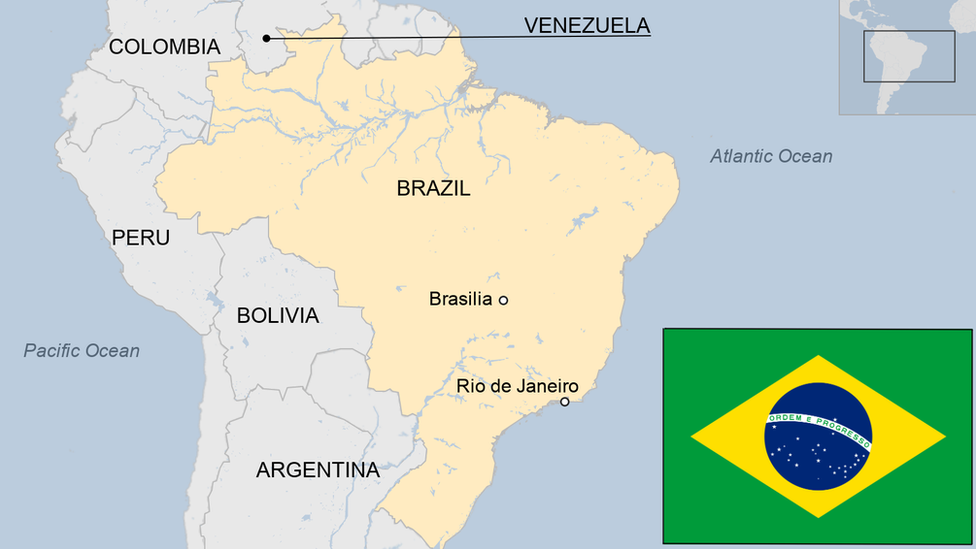'Sole survivor' recalls jungle conflict with military in Brazil
- Published
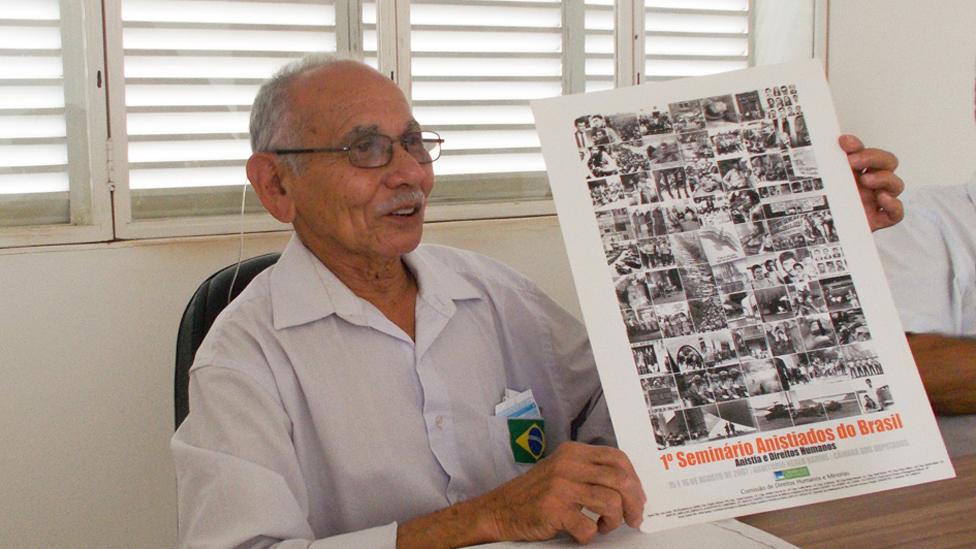
Zezinho had suppressed all memories of his past as a guerrilla fighter
It was while watching a television report one evening in 1996 that Brazilian bricklayer Antonio Pereira de Oliveira began to have the first flickers of memories of an earlier life.
The story concerned a brutal conflict fought in the Amazon jungle 20 years earlier, when Brazil's military regime quashed an uprising of 80 left-wing rebels.
Reports of the conflict had been suppressed until after Brazil became a democracy but as families campaigned for justice for their disappeared relatives, the truth was slowly emerging.
The army's response in the final battle had been so belligerent, with the use of napalm, firebombs and torture, and with orders given for soldiers to execute guerrillas captured alive, that it was believed there was a not a single living survivor.
Except, it transpired, for Mr Oliveira, who until the end of that conflict had gone by his original name Micheas Gomes de Almeida, or - more frequently - by his nom de guerre, Zezinho do Araguaia.

Araguaia guerrilla movement
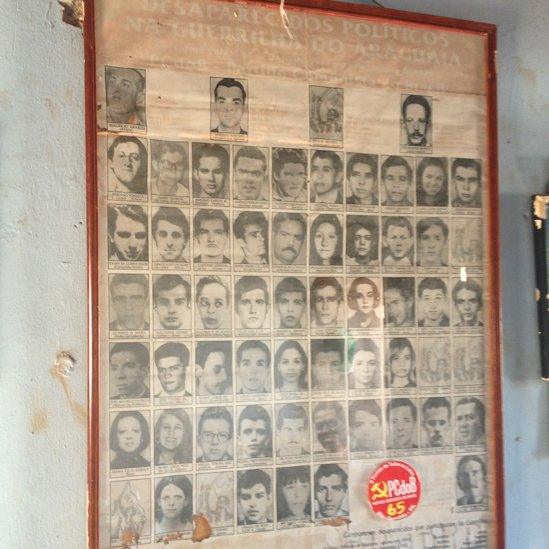
Many of the rebels remain missing to this day
Founded by 80 young doctors, teachers and lawyers opposed to Brazil's military regime
They lived in the jungle in an attempt to inspire locals to take part in an armed uprising
It took the regime two years and three military campaigns, involving undercover spies, napalm, firebombs and torture, to defeat the guerrilla movement

He hid in the forest for years, surviving thanks to his intimate knowledge of nature before making a remarkable escape as the army closed in.
He then obtained documents in a false name and suppressed his memories of the whole episode, he told the BBC.
It took many visits to the region surrounding the Araguaia river, on the eastern fringe of the Amazon rainforest, for the 77-year-old to piece together his memories of that time.
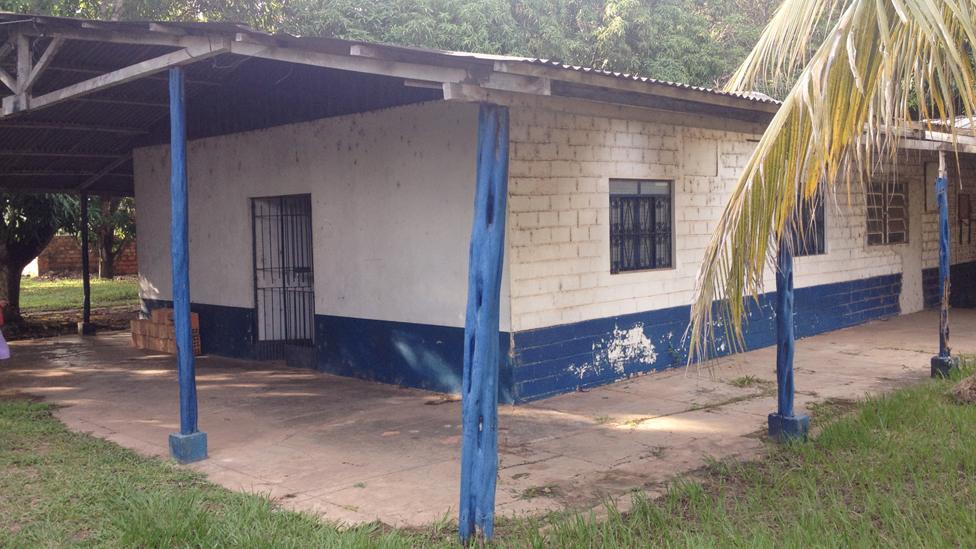
The army turned local buildings into torture cells for guerrilla fighters and locals
A diminutive man with a mischievous smile, a glint in his eye and a miniature Brazilian flag sewn onto his shirt, he tells me his political activism dates way back.
He joined the Brazilian Communist Party in 1958, six years before the democratically elected president, Joao Goulart, was ousted by the military in a bloodless coup.
"My fight has always been about liberty," he recalls. "I wanted to imagine a country where people could live side by side without conflict."
Undercover work
From 1966 to 1967 he travelled with about 15 other activists to China, where they were given military training by Chinese Communist Party activists.

Timeline
1964: Brazilian military takes power in a coup
1967: Rebels from the Brazilian Communist Party begin to embed in Araguaia
1972: Military deploys thousands of troops to crush the uprising
1974: All rebels are believed to have been arrested or killed
1985: Transition to democracy as military stands down
1996: Zezinho begins to recover his suppressed memories of the conflict
2015: Prosecutors file federal charges against two army officers.

They then travelled to the central Brazilian region of Araguaia, where they lived undercover for years at a time when hundreds of left-wing activists were killed and many more were tortured and disappeared by the military.
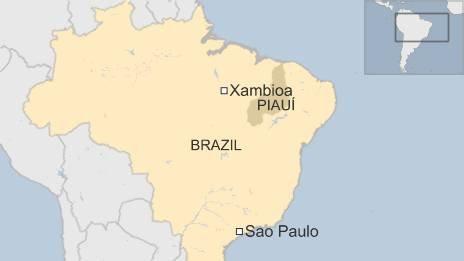
Their plan was to recruit local villagers to their cause, so they offered their services as doctors and teachers.
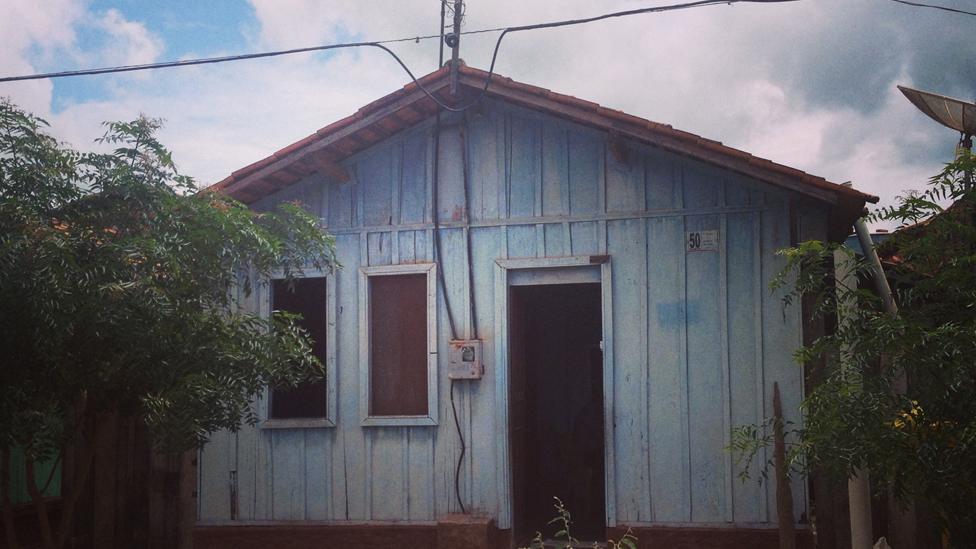
The rebels lived in villages in Araguaia with a view to recruiting locals to their cause
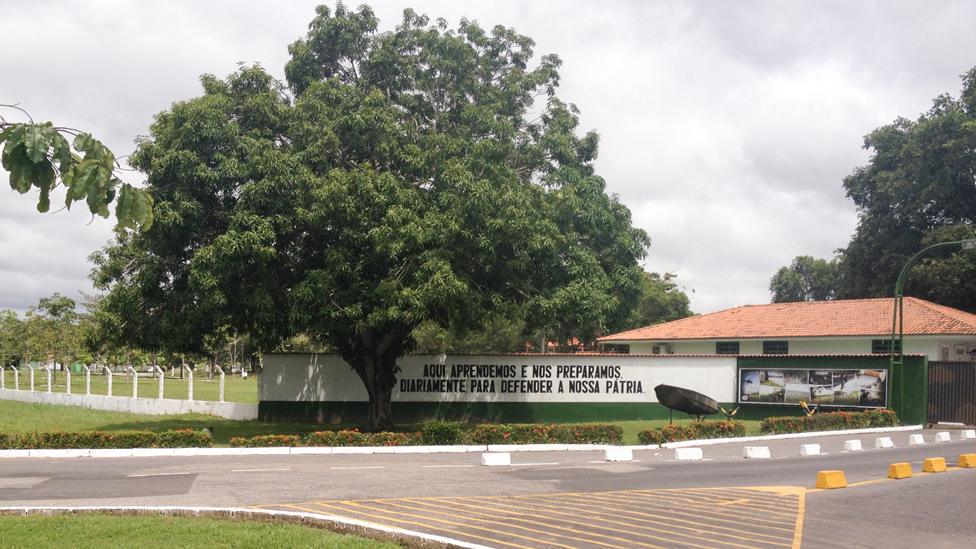
Thousands of soldiers were sent to the region, many of whom were stationed at a base near Maraba
When the military discovered the plot, they sent in at least 3,000 soldiers.
By the conclusion of the final of three military campaigns in 1974, almost all the guerrillas except Zezinho had been killed.
Jungle survival
Zezinho puts his survival down to his knowledge of the forest.
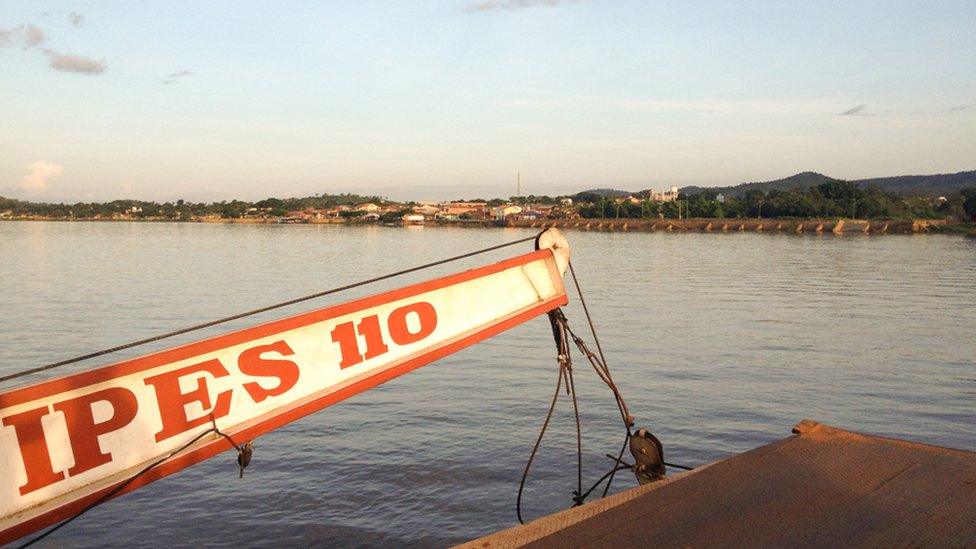
The guerrilla movement was named after the local river, the Araguaia
A descendent of the indigenous Surui tribe, he said: "I am alive thanks to what my father taught me."
"The most important value my family taught me was to respect and understand nature," he recalls. "Be that the animals, the insects, the vegetation or the rivers."
With nearly all the other rebels dead, he says he escaped by walking at least 650km (400 miles), always at night, to the state of Piaui.
After weeks of walking, he caught a bus to Sao Paulo.
New identity
There, he says he obtained false documents in the name of Oliveira.
He married, had two children and four grandchildren and continued to live under that false identity for the next 22 years.
He believes he suppressed his memories out of a need for self-preservation but was never diagnosed with any medical condition.
Discovering the truth was painful, he says, not least for his wife.
"She married Antonio Pereira de Oliveira," he says. "Now, officially, she is not married to me at all."
While it becomes clear that he still struggles to remember some details, his story has been verified by other rebels who escaped the forest before the final battle.
'Living archives'
And now 40 years on, there is also a chance that justice may be served for some of his comrades who died in the forest.
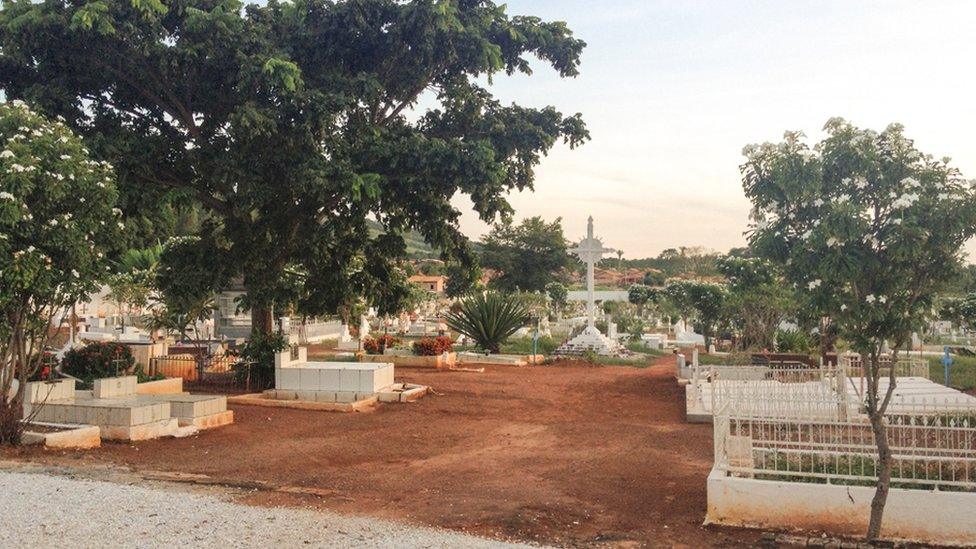
Some of the rebels were buried in this cemetery in Xambioa
Last year, charges were filed against two former army officers, Sebastiao Curio Rodrigues de Moura and Licio Maciel.
They have been accused of executing captured rebels and concealing their bodies.
So how does Zezinho feel about the soldiers, now similarly advanced in age, who could face trial?
"They are living archives of this story," he says.
"We have to rescue this story together while we are still alive. I am not angry, even though they killed my friends. Society can decide if they need to go to prison. I am just interested in rescuing the story."
- Published2 June 2023
